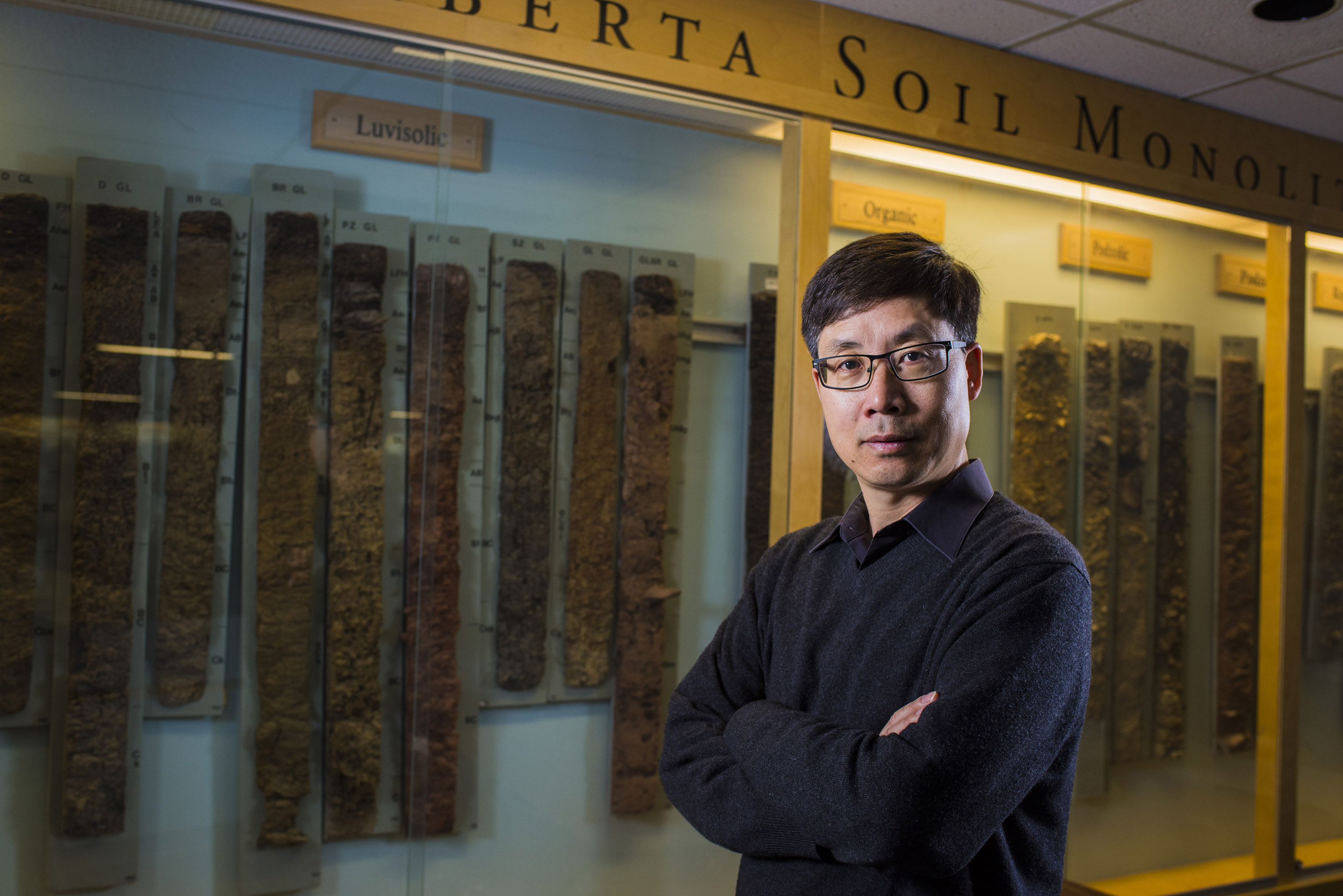A Conversation with Craig Neaves

Spending a bittersweet last day wrapping up at the UAM office in Rutherford South Library.
In my first blog post, I proposed many questions regarding the purpose of the UAM, how it functioned, and what my place as a student would be inside of it. I decided that the best way to approach answering these pressing questions would be to conduct a series of interviews with colleagues around the office. Now that those are complete, and the summer is gently fading away, it’s time for one last exclusive interview.
This time, with myself.
Craig: What were some specific challenges that arose in your position, and how did you work to overcome them?
Craig: Being able to manage many projects at once was something I learned to adapt to over the summer. Being a student, I already had some experience with this, but I didn’t expect to have so much agency in an assistant position. At the UAM, being a collections assistant doesn’t mean that you grab coffee or answer phones; you are an assistant to the collections themselves, rather than to an individual. Being given so much freedom with my projects was at first a challenge as I learned to manage the responsibilities, but it ended up being incredibly rewarding.
Craig: What were the best parts of your job, and how is it different from other jobs in the UAMU?
Craig: One of the greatest parts of my job was getting to interact with museum objects. Because the UAM oversees 30 different collections, there is an endless variety of objects to explore. Over the summer, I was able to interact with everything from antique dentures to cockroaches to Inuit sculptures. But perhaps the best part of my job was getting to work with the people who take care of these objects. The workplace culture at the UAM is truly one-of-a-kind, and makes you immediately feel as though you are family. Everyone is passionate about what they do, and it’s very contagious.
Craig: What is the role of students within the UAM?
Craig: In any context, students are a path leading into the future, but this is especially true for museology. Students can provide new voices and perspectives, and perhaps even reinvent the way things are done. I found at the UAM that everyone encouraged students to speak up if they thought something could be done differently, and their work was valued just as much as anyone else’s. Something else I appreciated is that the role of a student can change based on the individual, and be tailored to specific interests or experience.
Craig: How did you, as a student Collections Assistant, make the most of your experience?
Craig: I made the most of my experience by not being afraid to push myself out of my comfort zone. When I presented this question in my previous interviews, I was told to ask questions, take advantage of opportunities, and approach my work with a curious mind. I tried to keep this in mind every day, and I believe overall, thinking that way made a big difference.
Craig: Do you have any advice for future interns?
Craig: Absorb as much as you possibly can. There are over 10 million museum objects here, 30 collections, and countless professionals who are very skilled at what they do, and in many cases, have decades of experience. This position is designed to allow you to thrive and develop new skills, and the more you embrace that, the more it will benefit you. Also, don’t be afraid to think in creative ways that haven’t been attempted before. Often this is when you produce your most meaningful work.
Craig: What skills or lessons will you take away from this experience?
Craig: Picking just a handful of things is so difficult. In terms of skills, I’ve learned how to independently manage projects, work in a variety of professional settings, and handle and care for museum objects. In terms of knowledge, I’ve deepened my understanding of different cultures and areas of study. And perhaps more internally, I think I’ve gained the ability to approach new adventures with confidence, and know that I have the tools to succeed.
Craig: Is there anything else you would like people to know about museums?
Craig: In a world where technology progresses faster each day and digitization is rapidly spreading, I think museums are more important than ever. Being able to connect with objects in person and speak with experts about them is absolutely invaluable. Museums are more than storage facilities for old things; they are knowledge hubs, spaces for gathering and interaction. Like many other colonial institutions, museums still have a lot of work to do, and that requires people who are dedicated, informed, and passionate.
And who knows?
Maybe that could be you.



